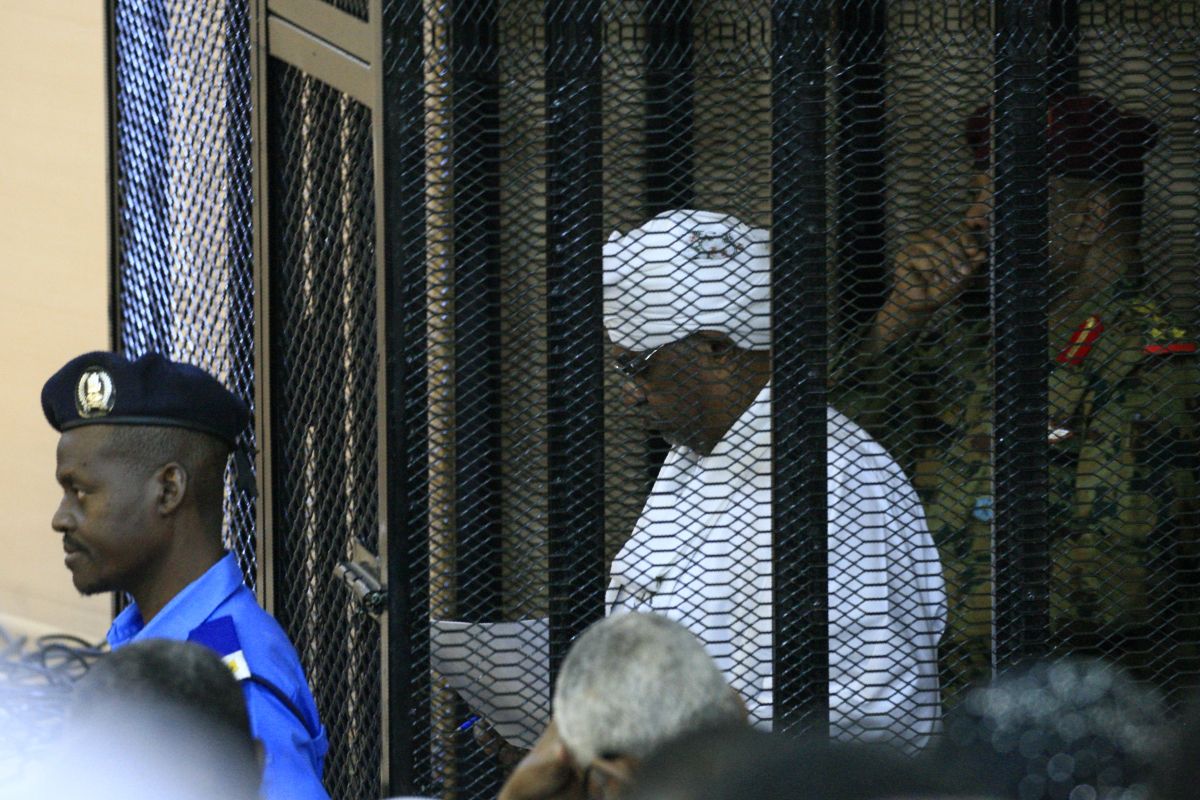Sudan bears witness to a watershed transition, not merely in the continent of Africa but in the world in the wider canvas. No less momentous is the power-sharing arrangement between the coalition of the Opposition and the ruling military council, verily a coaltion of the willing in terms of governance, if ever there was one.
The terms of engagement will thus pave the way for a transitional government after the overthrow of long-time leader Omar al-Bashir. Stability in Sudan, which has been grappling with an economic crisis, is crucial for a volatile region that struggles with conflict and insurgencies from the Horn of Africa to Egypt and Libya. The Transitional Military Council (TMC) has ruled Sudan since April this year, when the military ousted Bashir after months of protests against his rule during which time at least 250 protesters were killed.
Advertisement
It is a measure of the canker that has permeated the system that the ousted President is wanted by the international criminal court for war crimes in Sudan’s Darfur region and is awaiting trial on corruption charges. The military council and the main Opposition alliance, known as the Forces of Freedom and Change (FFC), have been negotiating the power-sharing deal for months. One of Sudan’s top generals, Mohamed Hamdan Dagalo, who is deputy head of the military council, and FFC representative Ahmed al-Rabie had initialed the agreement on 4 August and were the main signatories last Saturday, when a tormented swathe of Africa entered a new phase in its political history.
So too have certain countries in the Arab region since the spring of 2011, but with little or nothing to show over the past eight years. On the contrary, the turmoil has exacerbated further still, as in Egypt, Libya and Syria. Sudan’s transitional arrangement has already secured the support of Ethiopia and South Sudan; the Prime Minister of the former, Abiy Ahmed, and the President of the latter, Salva Kiir, were present as were regional and international dignitaries during the grandstanding in Khartoum.
It is the unique character of the coalition that is quite the most impressive. Yet it must be open to question whether the coalition, however momentous the development, will be enduring not the least because the military and the forces that were hitherto in the Opposition are now expedient partners in governance. The transitional government is only a phase before the eventual elections and the establishment of a civilian government.
The contentious issues are the powers of the proposed joint civilian-military ruling entity, the deployment of security forces, and immunity for generals over protest-related violence. The final test is, of course, the general well-being of the average Sudanese, not the parties and politics in the Khartoum court or the machinations of the ambitious Generals.











